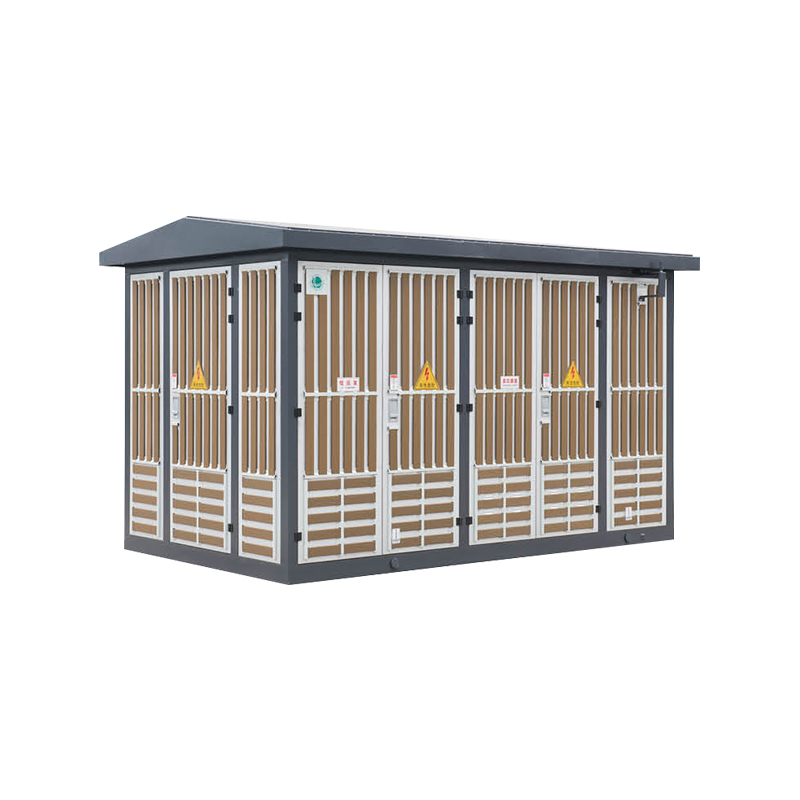Industry News
Photovoltaic Module Market Grows as Renewable Energy Gains Traction
The global shift towards renewable energy is driving an increasing demand for photovoltaic (PV) modules, which convert sunlight into electricity. PV modules are now more accessible than ever, making solar energy an attractive option for a wide range of applications, from residential rooftops to large-scale solar farms.
A photovoltaic module, commonly referred to as a solar panel, is made up of multiple solar cells connected together. These cells use semiconductor materials to convert sunlight into direct current (DC) electricity. PV modules are typically made from materials such as silicon, which has proven to be highly effective in harnessing solar energy. Over the years, technological advancements have enhanced the efficiency of photovoltaic modules, enabling higher energy conversion rates and increased performance even in less-than-ideal weather conditions.
One of the primary factors contributing to the growth of the photovoltaic module market is the increasing demand for clean and renewable energy sources. Both governments and private sector companies are investing heavily in renewable energy infrastructure. Photovoltaic systems are seen as a viable solution to reduce reliance on fossil fuels and lower carbon emissions. The affordability of PV modules has also improved, making solar energy a more competitive and accessible option compared to traditional energy sources.
The continued advancement in PV module technology has led to more efficient and longer-lasting products. New innovations, such as bifacial solar modules, which capture sunlight from both the front and rear sides, and perovskite solar cells, which promise lower production costs and better efficiency, are pushing the boundaries of what photovoltaic systems can achieve. These technological advancements allow solar energy to be generated more effectively, even in areas with limited sunlight or less-than-ideal geographical conditions.
In addition, governments worldwide have implemented various incentives to encourage the adoption of solar energy. Tax credits, subsidies, and feed-in tariffs have made the installation of photovoltaic systems more affordable for individuals and businesses alike. These incentives have played a key role in driving the widespread adoption of PV modules, with more solar installations being carried out on homes, commercial buildings, and even large utility-scale projects.
The demand for photovoltaic modules is also being fueled by the increasing need for energy independence. Many countries and regions are investing in solar power as a means to reduce their reliance on imported fossil fuels and ensure a more stable and secure energy future. In remote or off-grid locations, PV modules provide a reliable and cost-effective way to meet electricity needs without the need for expensive infrastructure.
At the same time, the growing focus on sustainability is encouraging businesses to adopt solar power as part of their corporate social responsibility (CSR) initiatives. Companies in various industries, from technology to manufacturing, are turning to photovoltaic systems to power their operations with renewable energy. In doing so, they not only reduce their environmental footprint but also benefit from lower operational costs in the long run.
In conclusion, photovoltaic modules are expected to play an even more significant role in the future of energy production. Moving toward cleaner, more efficient energy sources, photovoltaic modules will remain a cornerstone of the global renewable energy transition.

Next
Voltage Withstand Test Becomes Critical in Ensuring Safety and Reliability of Electrical Systems
<p>One of the most effective ways to validate the performance of electrical equipment is throu...
View More- PRODUCTS
- New Energy Power Distribution Equipment
- Box Type Substation
- Cable Branch Box/Switch Station
- High Voltage Switchgear
- Low Voltage Switchgear
- Engineering Vacuum Circuit Breaker
- New Energy Vehicle Floor Charging Pile
- Commercial Energy Storage
- Photovoltaic Complete Box
- High Voltage Arrester
- INFORMATION
-
-
Phone+86-13868788848
+86-13356188725 -
Tel+86-0577-88810567
-
E-mail
-
AddNo. 59, Youyi Road, Xinguang Industrial Zone, Liushi Town, Yueqing City, Zhejiang, China
-
- ENQUIRE WITH US
Photovoltaic Module Manufacturer




 English
English  中文简体
中文简体  русский
русский  Español
Español  عربى
عربى 


